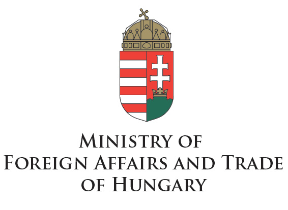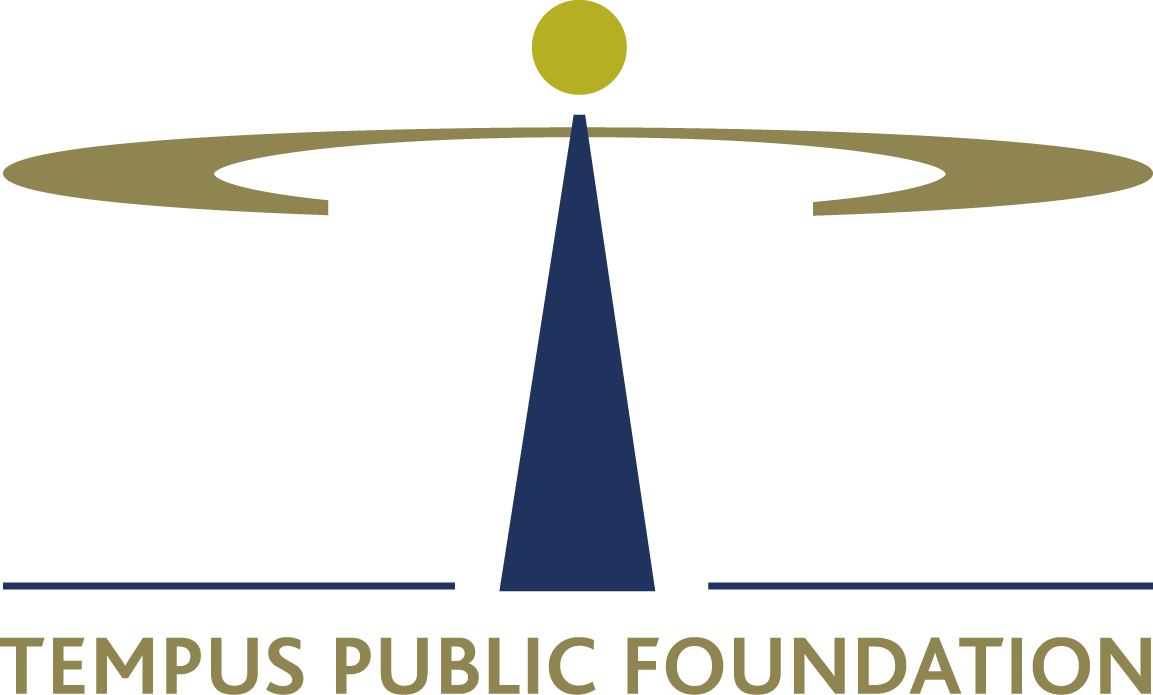Academic year
In Hungary, the academic year is divided into two semesters, which consist of a study and an exam period. The autumn/fall semester usually starts in September and lasts until mid-December. Then, the two-week winter break is followed by the exam period until the end of January. The spring semester usually starts at the beginning of February and lasts until mid-May, which is followed by a one-month exam period until the end of June.
The first few weeks of the academic year are usually the period designated for enrolment and course registration. Students should then visit the host institution’s coordinators, who will provide basic information and help with the necessary administrative tasks. It is therefore recommended to plan your arrival for the week before this.
During the following 14–15 week diligence period, you will take part in university lectures and seminars. At the lectures, where a higher number of students take part, professors pass on their theoretical knowledge, usually with the help of a presentation. Whereas, the seminars are held in smaller groups, where students learn how they can apply the theory in practice.

Legal stay
Depending on which country you are coming from, you may need a visa to legally enter Hungary and a residence permit for a longer stay.
Citizens of the member states of the European Economic Area can enter Hungary with a valid passport or an identity card. In order to stay here for more than 90 days, they must have valid student status in an educational institution. The certificate of the student status, the passport and/or the personal documents must be submitted within maximum 93 days upon entry to Hungary to the competent directorate of the Immigration and Citizenship Office.
Citizens of third countries (i.e. states outside of the area of the EU and the EEA) can enter Hungary with a valid visa. The visa application must be submitted at the Hungarian representative office operating in the country of the applicant’s permanent or temporary address. Before applying, it may be worth checking the website of the Consulate to see whether the sending state has a bilateral agreement that can substitute the visa. After that, in order for the applicant to be able to stay in Hungary for a period exceeding 90 days, a proof of student status is required which will validate the residence permit for the entire duration of the studies.
Accommodation
Scholarship holders also receive housing support. In this regard, you can choose between free dormitory accommodation or housing allowance.
Dormitory buildings are usually, but not always, located on the university campus or close to it. Depending on the institution, students can also request their own room, but it is more common in dormitories to share the room with other students. Most buildings are equipped with the basic tools and functions necessary for housing. In any case, you can find information about these on the host institution’s website. Among the advantages of dormitory life, it is worth mentioning cost saving and the opportunity to quickly meet new people and become part of the vibrant university life.
The housing allowance amounts to 40.000 HUF per month is valid for the entire duration of the scholarship. This amount can be used to rent a private apartment/room or private dormitory accommodation. However, it is important to note that in larger cities – primarily in Budapest – this amount only covers a fraction of the rent. Moreover, when moving in, landlords ask for a deposit in addition to the current month’s rent, which is equivalent to 1-2 months’ rent and is returned upon moving out. In order to obtain a residence permit, you will also need a registered address, so an official contract with the landlord must be concluded. If you prefer a private residence instead of a dormitory, ask for help from the international office of your host university, your student mentor, or look around in the Facebook groups.
Currency
The forint (HUF) has been the official currency in Hungary since 1946. There are 500, 1.000, 2.000, 5.000, 10.000 and 20.000 HUF banknotes and 5, 10, 20, 50, 100 and 200 HUF coins.

In addition to cash payment, bank card (Visa, Mastercard) payments are also accepted in most places. Revolut is popular among students coming from abroad, but it is also possible to open accounts with major Hungarian banks as well. However, before you do this, it is definitely worth checking the relevant websites about the terms and conditions as well as necessary documents. Banks are usually open on weekdays from 8:00 a.m. to 4:00 p.m.
In Budapest and other tourist centres, the euro is also often accepted. However, it is recommended that you always have the official currency with you. You can make the exchange at a bank branch or a small shop. It is worth avoiding different automatic machines due to the high cost of handling them.
You can check the current exchange rate on the website of the National Bank.
With the cost calculator available on the Study in Hungary website, you can easily calculate how much you will have to spend.
Health and insurance
In Hungary, foreign students are also entitled to use emergency and first aid services free of charge. The Stipendium Hungaricum and Hungarian Diaspora scholarship holders can also receive other health services free of charge during their studies. In order to be able to use these, you will need a health insurance (TAJ) card. The coordinator(s) of the host institution can assist you in requesting this, you will need the following document:
– Residence permit
– Passport
– Address card
– Letter of Award
– Scholarship agreement
– Proof of student status
Universities also provide additional health care services up to 65.000 HUF a year.
You can buy basic pharmaceutical products in pharmacies (“gyógyszertár” or “patika” in Hungarian). These can be found in several places in the city, mostly near shopping malls and sometimes near universities as well. The opening hours may vary, but stores are usually open between 8 am and 6-7 pm on weekdays. If you need emergency medical services, you can call the free emergency telephone number ‘112’.
Last but not least, we wish you good luck with your studies and see you soon in Hungary!




